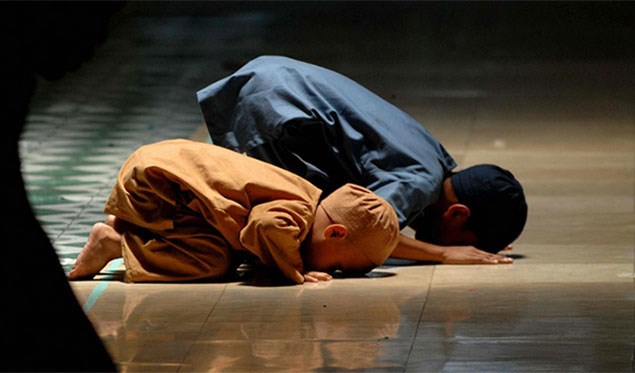Dear Editor,
It was during the month of Ramadan that the Quran — the holy book of Islam — was first revealed to the prophet Muhammad by Allah (God).
Ramadan, the “month of blessing” is marked by prayer, fasting, and charity.
Fasting is one of the Five Pillars of Islam, the mandatory acts that form the foundation of Muslim life. The other pillars are faith, prayer, charity and the pilgrimage to Mecca.
Fasting means abstaining from food, drink, smoking, bodily desires, swearing, gossip or other sinful acts, during daylight hours.
Meals are served before dawn and after sunset. Muslims practice sawm, or fasting, for the entire month of Ramadan.
This means that they may eat or drink nothing, including water, while the sun shines. Families get up early for suhoor, a meal eaten before the sun rises. After the sun sets, the fast is broken with a meal known as iftar.
While they are hungry and thirsty, Muslims are reminded of the suffering of the poor. Fasting is also an opportunity to practice self-control and to cleanse the body and mind. And in this most sacred month, fasting helps Muslims feel the peace that comes from spiritual devotion, as well as kinship with fellow believers and helps worshippers concentrate on devotion and worship, express gratitude and seek forgiveness.
The mosques in Richmond are a beehive of activity during the month of Ramadan as many Muslims attend the nightly prayers.
Everyone who has gone through puberty is expected to take part in fasting. There are exceptions, such as the elderly, women who are breast-feeding and those with diabetes or other illnesses, disabilities or medical conditions.
A sense of generosity and gratitude colours these festivities. Although charity and good deeds are always important in Islam, they have special significance at the end of Ramadan.
Ramadan ends with the festival of Eid al-Fitr when the new moon is sighted.
Literally, the “Festival of Breaking the Fast,” Eid al-Fitr is one of the two most important Islamic celebrations (the other occurs after the Hajj, or pilgrimage to Mecca). At Eid al-Fitr people dress in their finest clothes, adorn their homes with lights and decorations, give treats to children, and enjoy visits with friends and family.
Muslims will gather together at the mosque for a prayer, before spending the day with family or friends and wishing one another ‘Eid Mubarak’, or ‘Blessed Eid’.
Ramadan Mubarik to all Muslims and fellow Canadians.
Mahmood Awan
Richmond



